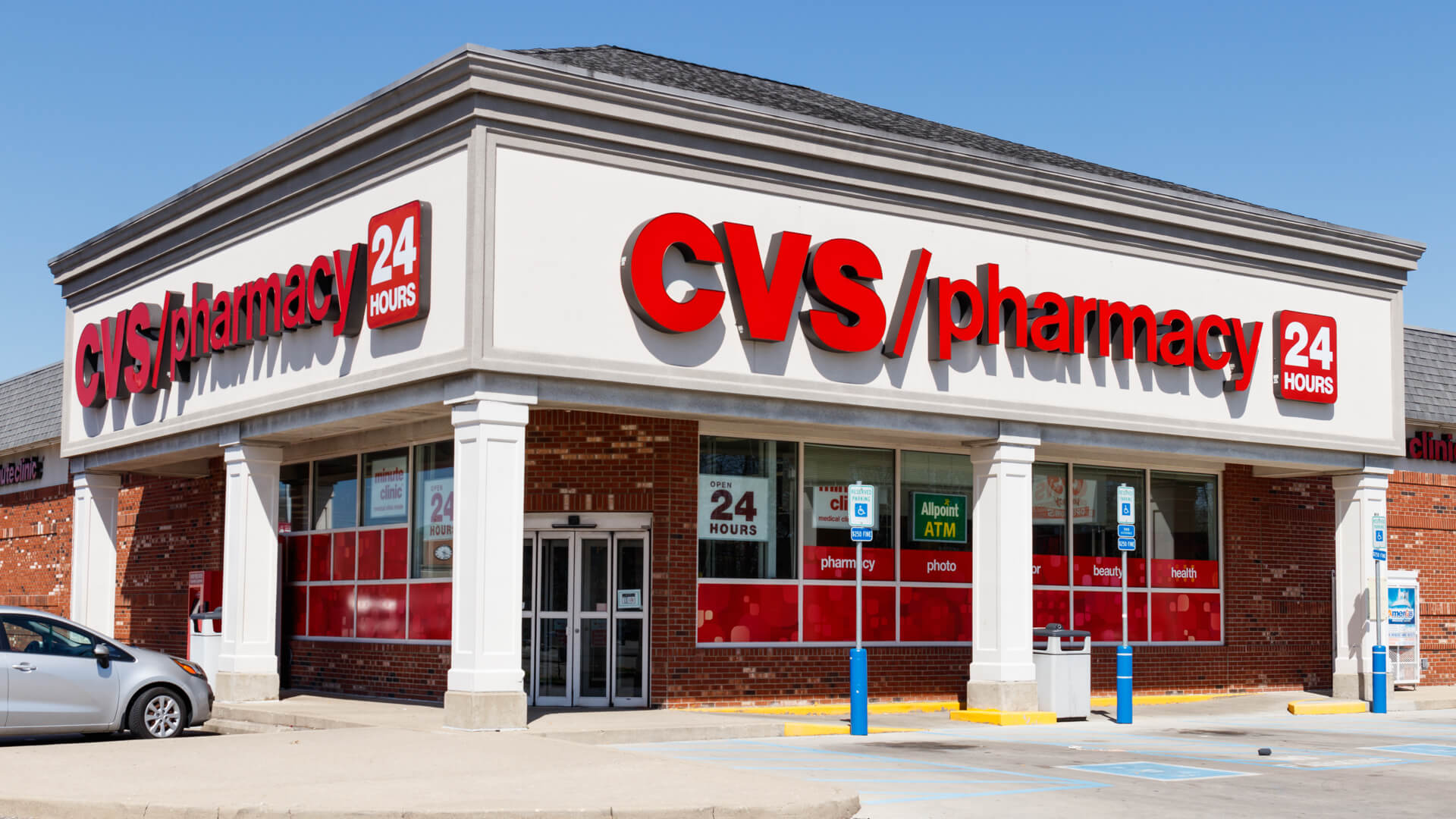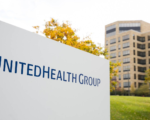CVS Slashes Profit Guidance Amid Rising Insurance Costs

CVS Health has significantly reduced its full-year profit forecast and announced a plan to cut $2 billion in expenses over several years. This comes as rising medical costs impact the company and the broader U.S. insurance industry. The cost-cutting measures aim to streamline operations, increase the use of artificial intelligence and automation, and reassess the business portfolio.
A major leadership change accompanied the announcement: Aetna President Brian Kane will leave the company immediately. CVS CEO Karen Lynch will take over the management of the insurance unit, assisted by CFO Thomas Cowhey and Katerina Guerraz, who will become the unit’s chief operating officer.

CVS now expects adjusted earnings for 2024 to be between $6.40 and $6.65 per share, down from a previous minimum of $7 per share. The company also reduced its unadjusted earnings guidance to $4.95 to $5.20 per share from at least $5.64 per share. This marks the third consecutive quarter of lowered profit guidance, reflecting ongoing pressures on its health insurance segment due to increased medical costs and unfavorable Medicare Advantage star ratings.
The health insurance division, which includes Aetna’s plans for the Affordable Care Act, Medicare Advantage, Medicaid, dental, and vision, is under strain. Medical costs in the second half of the year are expected to surpass those in the first half, potentially requiring a premium deficiency reserve to cover future claims and expenses.
The broader industry context is also challenging. Insurers like UnitedHealth Group, Humana, and Elevance Health are seeing increased medical costs as more Medicare Advantage patients resume procedures delayed during the pandemic. Medicare Advantage plans, though a growth driver, are facing cost concerns, which is troubling Wall Street.
In the second quarter, CVS reported adjusted earnings per share of $1.83, surpassing the expected $1.73, on revenues of $91.23 billion, slightly below the anticipated $91.5 billion. The company saw a net income of $1.77 billion, down from $1.90 billion a year earlier. While the insurance segment’s revenue rose over 21% to $32.48 billion, its operating income fell short of expectations, and the medical benefit ratio increased, indicating higher medical expenses relative to premiums.
CVS’s health services segment saw a revenue decline of nearly 9% year-over-year to $42.17 billion, despite higher-than-expected sales. The pharmacy and consumer wellness division’s sales increased by over 3% to $29.84 billion but fell short of expectations, driven by increased prescription volume amidst pressures from pharmacy reimbursement and the launch of new generic drugs.





















